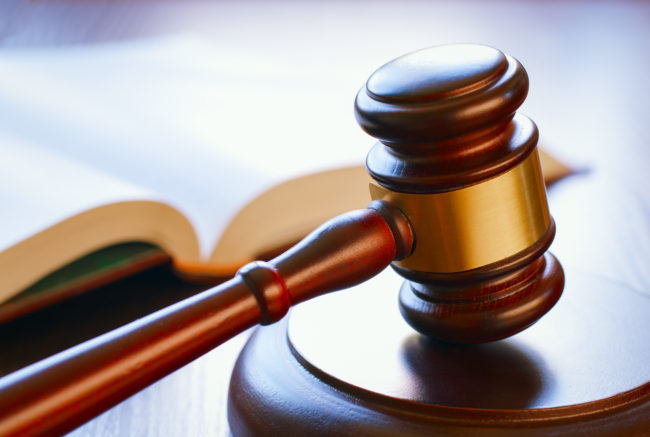In a decision that may invigorate the plaintiffs’ bar, a federal judge in Wisconsin ruled that the Resource Conservation and Recovery Act (RCRA) regulates polychlorinated biphenyls (PCBs). The decision in Liebhart provides the plaintiffs with a simpler path to an award of damages in their case and allows the plaintiffs to litigate their other state-law based claims in federal court.
PCBs have flame retardant characteristics and were used in a variety of products, including electrical equipment, hydraulic oils, paints, and caulks. However, PCBs have been shown to cause cancer, respiratory tract symptoms, gastrointestinal effects, and eye and skin irritation, as well as environmental damage. As a result, production of PCBs was largely banned by the Environmental Protection Agency in 1979, and PCBs have been the subject of personal injury and environmental litigation for decades.
In this case, a factory in Watertown, Wisconsin that was used to produce electrical transformers in the 1950s was demolished. The plaintiffs, adjoining landowners, allege that PCBs were released during the demolition, contaminating their property and causing a number of symptoms — including acute sinusitis, vertigo, and skin infections — in the plaintiffs themselves. The plaintiffs brought claims under RCRA, which allows citizen suits to enforce its provisions against anyone who has contributed to “imminent and substantial danger to health or the environment” in the storage, treatment, handling, transportation, or disposal of hazardous waste.
Although RCRA does not allow damages for violations of the statute, plaintiffs can add state-based tort claims such as trespass or nuisance and seek to recover damages. Here, the plaintiffs brought claims for strict liability and negligent infliction of emotional distress under Wisconsin law. Because the court allowed the plaintiffs’ RCRA claims to proceed, the state-law claims will go forward in federal court as well.
The Liebhart case marks another recent innovation in PCB litigation. Companies that have any contact with PCB-associated products or real estate, as well as their insurers, will want to pay close attention as new claims and theories of recovery develop in the courts.

